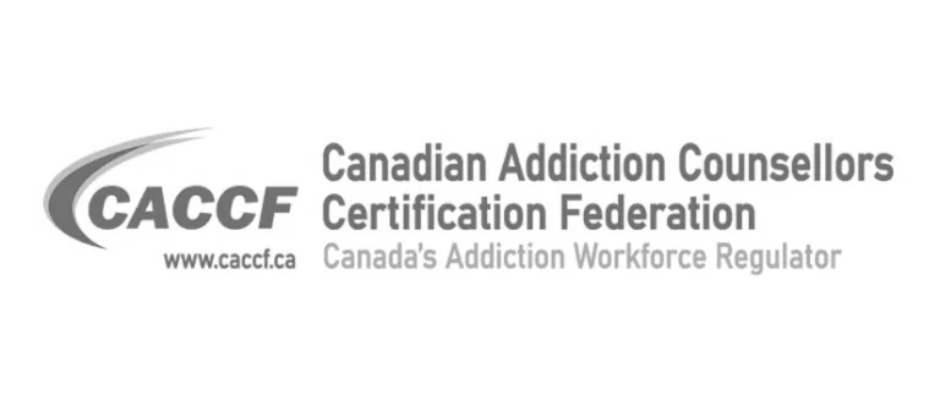
Choose Yourself First with Michelle Bishop
Michelle Biship’s incredible journney from trauma to transformation is a powerfful testament to the resilience and strength within us all. Born into a chaotic, abusive childhood with a mentally ill mother, Michelle’s “perfect” exterior life hid the deep emotional pain she endured. Struggling with anorexia as a young girl, Michelle’s early trauma set the stage for a life of self-discovery, healing, and growth.
Despite overcoming many struggles, Michelle rose to become a six-figure earner in office equipment sales, defying expectations and building a successful career. However, it wasn’t until she was diagnosed with breast cancer at 50 and faced the sudden loss of her husband that Michelle truly began to reclaim her life.
This journey of profound loss and healing led Michelle to create her empowering life philosophy: ” Choose You First. A philosophy that emphasizes self-care as essential, not selfish. Through her book and coaching, Michelle teaches women how to make small, manageable shifts toward transformation.
Michelle’s story is a beacon of hope for anyone facing trauma, loss, or feeling stuck in their current circumstances. She reminds us that we are perfect in our imperfections and shows us how emotional healing, resilience, and self-compassion can transform even the most difficult times into sources of strength and purpose. Whether navigating menopause, body image struggles, or caregiving, Michelle offers practical advice on overcoming trauma, setting boundaries, and living fully.
Ready to choose yourself first? Tune in to Michelle’s inspiring story and discover the first steps to emotional healing, personal growth, and lasting fulfillment.
Key Takeaways from Choose Yourself First with Michelle Bishop
| 2:07 | Hidden Family Abuse Behind a Perfect Exterior |
| 3:15 | Escape from Abuse and the Impact of Divorce |
| 4:01 | Freedom Without Structure and the Onset of an Eating Disorder |
| 6:37 | Searching for Identity and Struggling with Relationships |
| 8:25 | Career Empowerment and Defying Expectations |
| 9:49 | Risk, Reinvention, and Pursuing New Opportunities |
| 11:50 | Rediscovering Love After Loss and Personal Evolution |
| 14:01 | Cancer Diagnosis and the Power of Unwavering Support |
Hidden Family Abuse Behind a Perfect Exterior:
Michelle opens up about how life outside of her home appeared perfect, but in reality, her upbringing was marked by severe abuse. Her mother was mentally, physically, and emotionally abusive—what she honestly rates as a 10 out of 10 in severity. During the 1960s, abuse was not talked about, and this silence allowed dysfunction to masquerade as normalcy. This theme centers around the stark difference between public perception and private suffering.
Escape from Abuse and the Impact of Divorce:
When her parents divorced, Michelle saw an opportunity for escape. She was adamant about not staying with her mother and would have run away if her father hadn’t chosen to take her in. This part of the conversation underscores the theme of agency in escaping toxic environments and how critical moments can redefine a person’s future.
Freedom Without Structure and the Onset of an Eating Disorder:
After moving in with her father, Michelle was given total freedom but without guidance. At 16, she was exposed to things she wasn’t emotionally prepared for, leading her to develop anorexia as a means of control. She explains how restricting food became her only source of personal power. This theme explores how trauma can lead to maladaptive coping mechanisms when emotional support is lacking.
Searching for Identity and Struggling with Relationships:
Michelle reflects on her early romantic relationships, explaining how childhood abuse led her to repeat harmful patterns. She entered into marriages that mirrored her earlier trauma, including one that was physically abusive. However, motherhood gave her a turning point—an opportunity to stop the cycle and offer a nurturing home to her daughters. This theme shows how early trauma can shape relationship dynamics and how breaking generational patterns can be an act of healing.
Career Empowerment and Defying Expectations:
She describes how she shifted from a clerical job into a sales position for office equipment. Though her father doubted her, Michelle excelled, earning six figures within three years. This portion demonstrates the empowering effect of career success, especially for women who come from backgrounds where they felt powerless.
Risk, Reinvention, and Pursuing New Opportunities:
Michelle eventually transitioned into insurance, built a successful agency, and later sold it to return to capital and medical sales. Though she disliked insurance, she met her five-year goal. This theme reflects resilience, adaptability, and the willingness to pivot when a career path no longer aligns with personal values or fulfillment.
Rediscovering Love After Loss and Personal Evolution:
Michelle recounts reconnecting with a man she had known years earlier, shortly after her abusive mother passed away. For the first time, she felt free to be seen as her true self—not just as a mother, a wife, or a businesswoman. This theme emphasizes personal liberation, the release of past trauma, and the healing power of authentic connection.
Cancer Diagnosis and the Power of Unwavering Support:
Michelle’s breast cancer diagnosis in 2016 was a life-altering event. She feared abandonment due to the physical effects of treatment, but her husband’s steadfast presence through every step reaffirmed the depth of their bond. This part illustrates how love and partnership are tested and proven in moments of vulnerability and crisis.
Sudden Loss and Learning to Breathe Through Grief:
Her husband’s unexpected death devastated Michelle. She describes grief as suffocating, explaining that it took a year just to catch her breath. This theme touches on profound personal loss and the importance of simply surviving—one breath at a time—through trauma and heartache.
Choosing Yourself First and the Power of Self-Care:
Michelle discusses the motivation behind her book Choose You First, which advocates for women to prioritize their own needs. She highlights how self-neglect is often normalized by caregiving roles and societal expectations. This theme is a call to action for self-love and intentional living, especially for women who routinely put others before themselves.
It’s Never Too Late for Reinvention and Change:
Approaching 59 years old, Michelle says she feels more aligned with her true self than ever. She argues that it is never too late to change, and emphasizes that small, consistent pivots in behavior can lead to massive life transformation. This final theme offers hope, reinforcing that growth, joy, and reinvention are always within reach.
Connect with Toni Bergins
Connect with Bev:
Facebook Group https://www.facebook.com/groups/womenover50rock
https://www.linkedin.com/in/beverleyglazer/
Need advice? Schedule a time to talk: https://calendly.com/reinventimpossible/15min













